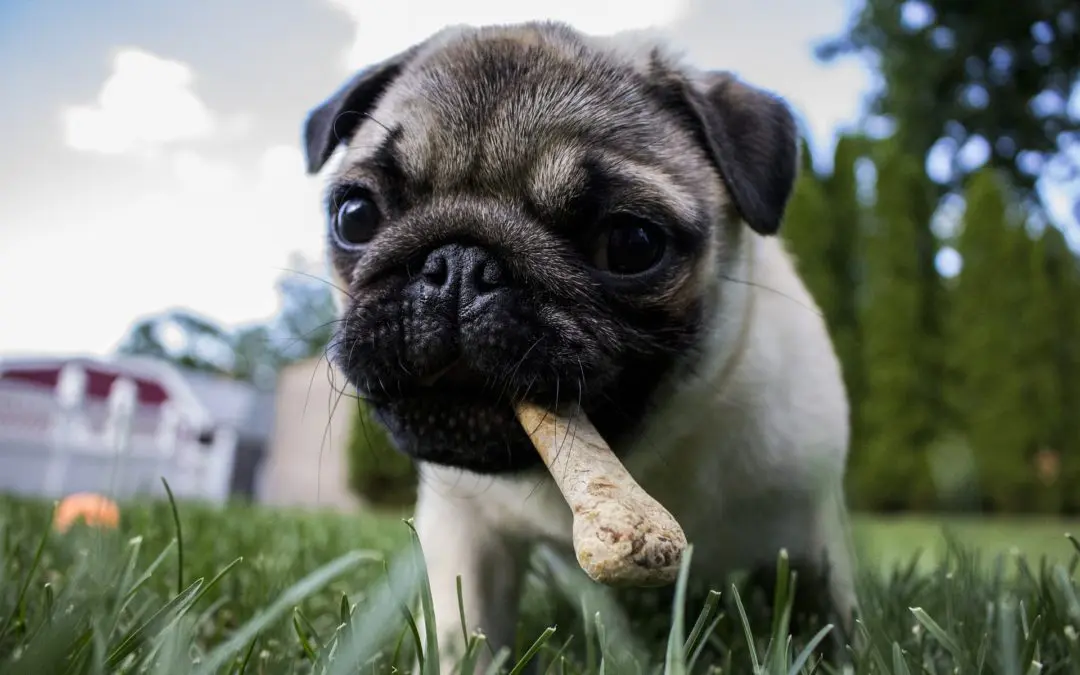Hopefully, you already bring your pet into the vet for their annual dental checkup. This act alone can save your furry companion a lot of pain and discomfort over their lifespan. But have you thought about how you can keep your pet’s teeth, mouth and gums happy and healthy all year round? As your local veterinarians in Gilbert, Arizona, we’ve been caring for the dental health of pets in our community with a combined experience of over 40 years. Here are our recommendations for at-home pet dental hygiene to help improve the quality of life for your feline or canine.
Tip 1: Brush Your Pet’s Teeth Daily
You brush your teeth every day. Why would your pet’s needs for oral care be any different? Just like us humans, our pets have plaque and tartar buildup that need to be removed from their teeth, gums and mouth. Daily brushing is one of the most effective ways to accomplish this. If you haven’t yet started a toothbrushing habit with your four-legged friend, check out our recent blog post to learn some tips and techniques for brushing your pet’s teeth.
Tip 2: Provide Your Dog with Safe Dental Chews
Chew toys aren’t just for Fido’s entertainment. His innate desire to chew on things actually has a tremendous purpose in keeping his teeth clean and healthy. If you’ve walked down the dental chew-toy aisle of your local pet store, you’ve probably noticed there are a plethora of options to choose from. But not all dental chews are created equal.
At East Valley Animal Hospital we highly recommend staying away from certain dental chews or chew toys that can easily fracture teeth, impale gums, or if swallowed, obstruct the digestive system. Avoid products such as bones, antlers, sticks or nylon that are hard on teeth and are known to result in fractured teeth and punctured gums. Instead, opt for a chew that is approved by the Veterinary Oral Health Council (VOHC). Such products will have the “VOHC” stamp of approval on them.
Tip 3: Buy Oral Health-Promoting Food and Treats
Store-bought pet food and treats are the most common cause of plaque development in our furry friends’ mouths. Unlike their wild ancestors and cousins, domesticated pets eat a diet high in carbohydrates. And those carbs break down into food that feeds harmful, plaque-inducing bacteria. The good news? While certain pet food and treats can lead to poor oral health, others can actually help promote good pet dental hygiene. Again, we recommend visiting the VOHC website or speaking with one of our skilled veterinarians when choosing the right food and treats for your pet.
With our state-of-the-art technology and compassionate care, East Valley Animal Hospital in Gilbert is fully equipped to handle regular dental cleanings, complex dental procedures, as well as dental emergencies. Call us today at 480-892-1577, to schedule an oral exam, a routine checkup, or any other procedure!
Images used under creative commons license – commercial use (2/14/2019) Pixaby

